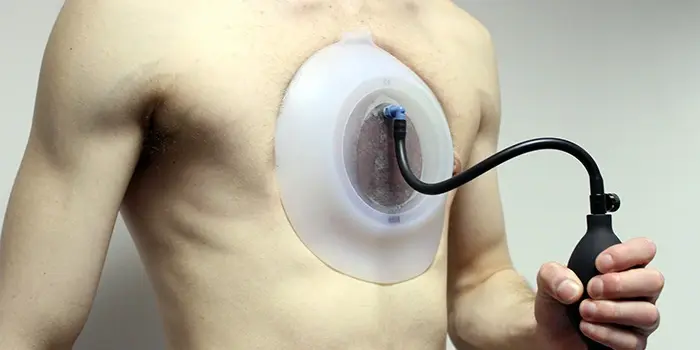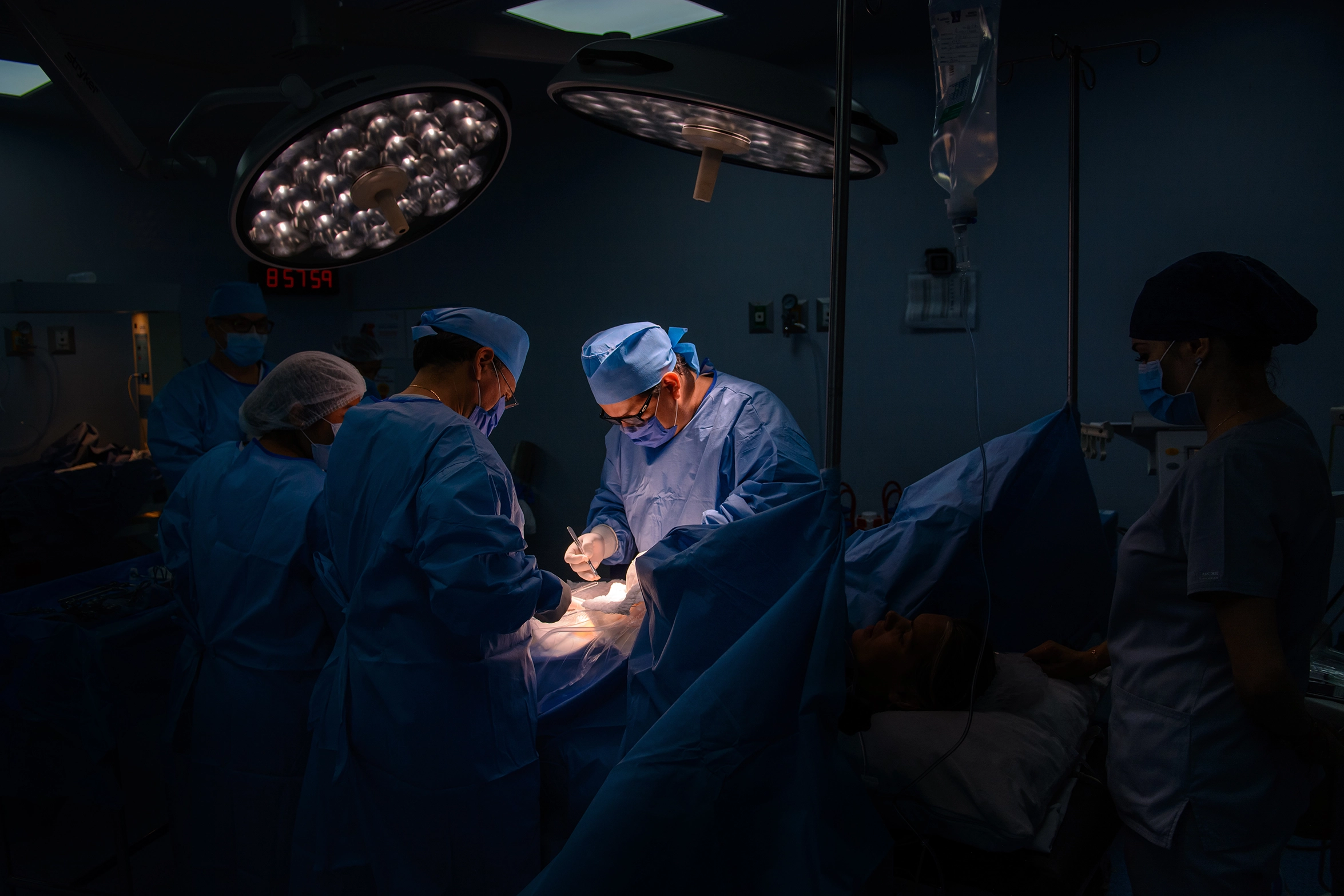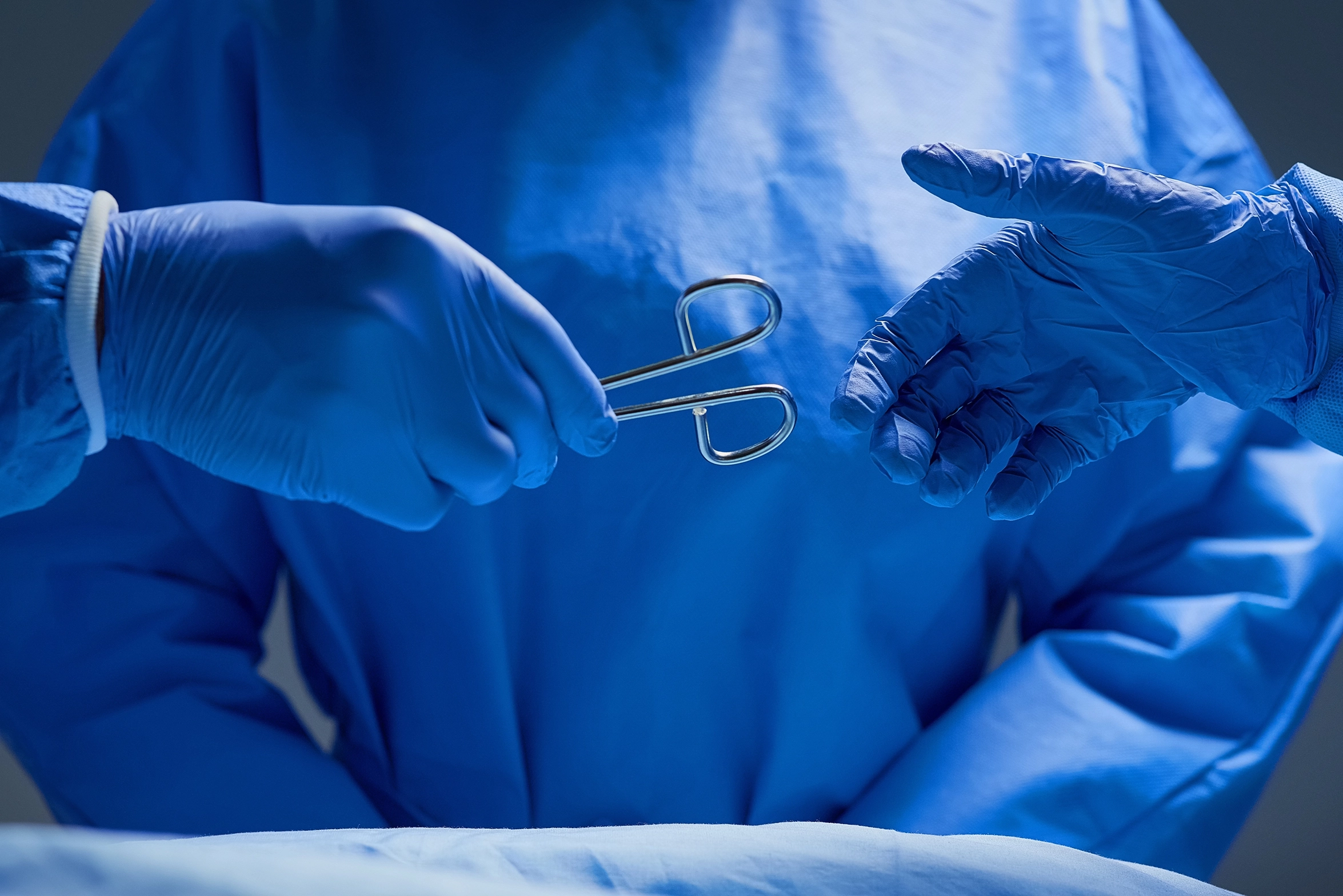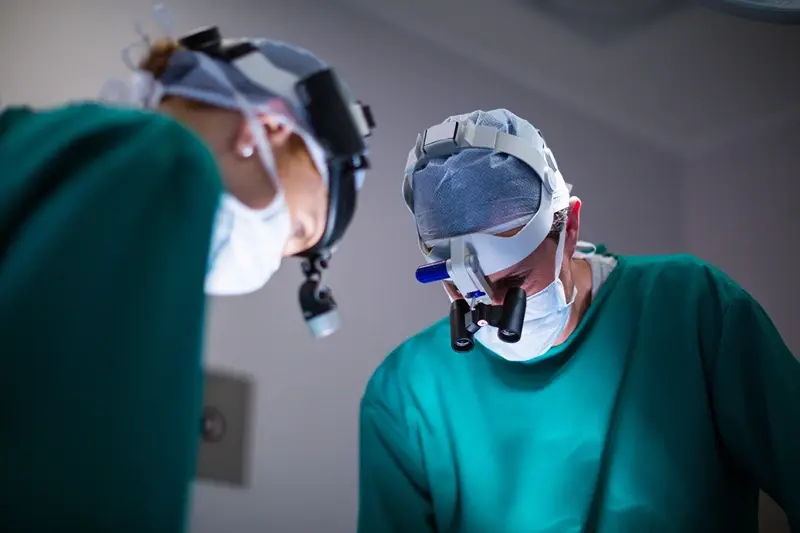Pectus Treatment in Dubai at DRHC
Understanding Pectus Conditions
Pectus conditions, such as pectus excavatum and pectus carinatum, are congenital deformities of the chest wall. These conditions can impact physical appearance, respiratory function, and cardiovascular health. DRHC Dubai offers advanced treatments to correct these deformities, improving both the aesthetics and functional health of our patients.
Types of Pectus Conditions
Pectus Excavatum (Funnel Chest)
Pectus excavatum is characterized by a sunken appearance of the chest due to a depression in the sternum. This condition can compress the heart and lungs, leading to:
- Shortness of breath
- Chest pain
- Exercise intolerance
- Reduced cardiac function
- Psychological impact due to cosmetic concerns
Pectus Carinatum (Pigeon Chest)
Pectus carinatum presents as a protrusion of the chest wall, giving it a pigeon-like appearance. It may cause:
- Respiratory issues
- Chest pain
- Poor posture
- Psychological distress
Diagnosis of Pectus Conditions
Diagnosis typically involves a combination of physical examination and imaging studies, including:
- Chest X-ray: To evaluate the severity and exact nature of the deformity.
- CT Scan/MRI: For detailed images of the chest wall, heart, and lungs.
- Echocardiogram: To assess any impact on heart function.
- Pulmonary Function Tests: To evaluate the effect on lung capacity and function.
Treatment Options for Pectus Conditions
- Non-Surgical Treatments
- Bracing: Effective for mild to moderate cases of pectus carinatum, especially in children and adolescents. Custom-fitted braces help reshape the chest wall over time.
- Physical Therapy: Exercises to improve posture, increase chest wall flexibility, and strengthen muscles.
- Surgical Treatments
- Nuss Procedure (for Pectus Excavatum): A minimally invasive technique where curved metal bars are inserted under the sternum to elevate and correct the sunken chest. The bars remain in place for several years before being removed.
- Ravitch Procedure (for Pectus Excavatum and Carinatum): An open surgical method that involves removing abnormal cartilage and repositioning the sternum.
- Minimally Invasive Repair of Pectus Carinatum: Involves small incisions and the use of a chest compressor to correct the protrusion.
Benefits of Treatment
- Improved Respiratory Function: Correcting the deformity enhances lung capacity and breathing.
- Enhanced Cardiac Function: Reducing the pressure on the heart improves overall cardiovascular health.
- Aesthetic Improvement: Restores a more normal chest appearance, boosting self-esteem and confidence.
- Psychological Benefits: Alleviating physical and emotional distress associated with the condition.
Postoperative Care and Follow-Up
After surgical treatment, patients receive comprehensive postoperative care, including:
- Pain Management: Medications to control pain and discomfort.
- Activity Restrictions: Guidelines for gradually resuming normal activities.
- Follow-Up Visits: Regular appointments to monitor healing and ensure the success of the procedure.
- Physical Therapy: Exercises to maintain chest wall flexibility and strength.
Conclusion
At DRHC Dubai, we are committed to providing exceptional care for patients with pectus conditions. Our advanced diagnostic tools and state-of-the-art treatment options, combined with our team of experienced thoracic surgeons and dedicated medical professionals, ensure the highest standards of care. Whether addressing pectus excavatum or pectus carinatum, our goal is to improve both the functional health and aesthetic appearance of our patients, enhancing their overall quality of life.
Click here to learn more about our surgical packages
.png?width=281&height=59&name=bookanappointment%20(1).png)
If you are in search of the best thoracic surgery in Dubai or a specialist thoracic & general surgeon in Dubai call +97142798200. DRHC Dubai provides the best thoracic surgeon in Dubai and the best doctor for thoracic surgery in Dubai.




.png?width=281&height=59&name=bookanappointment%20(1).png)




